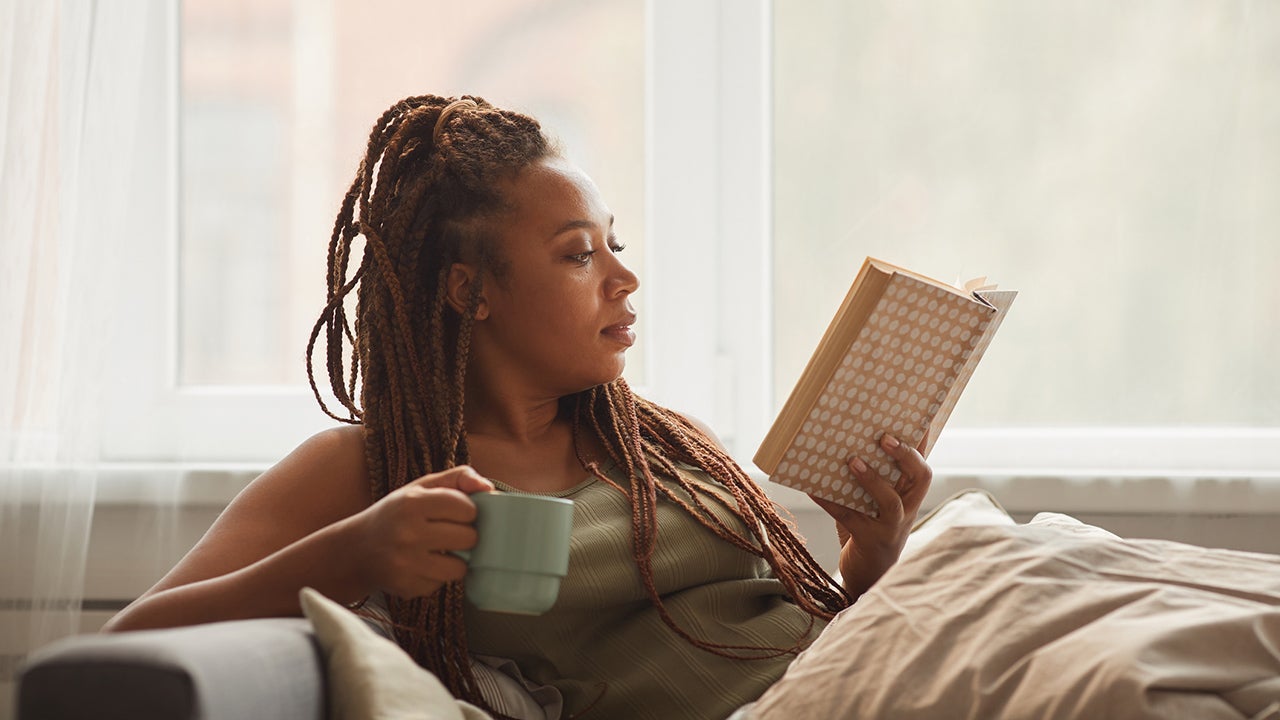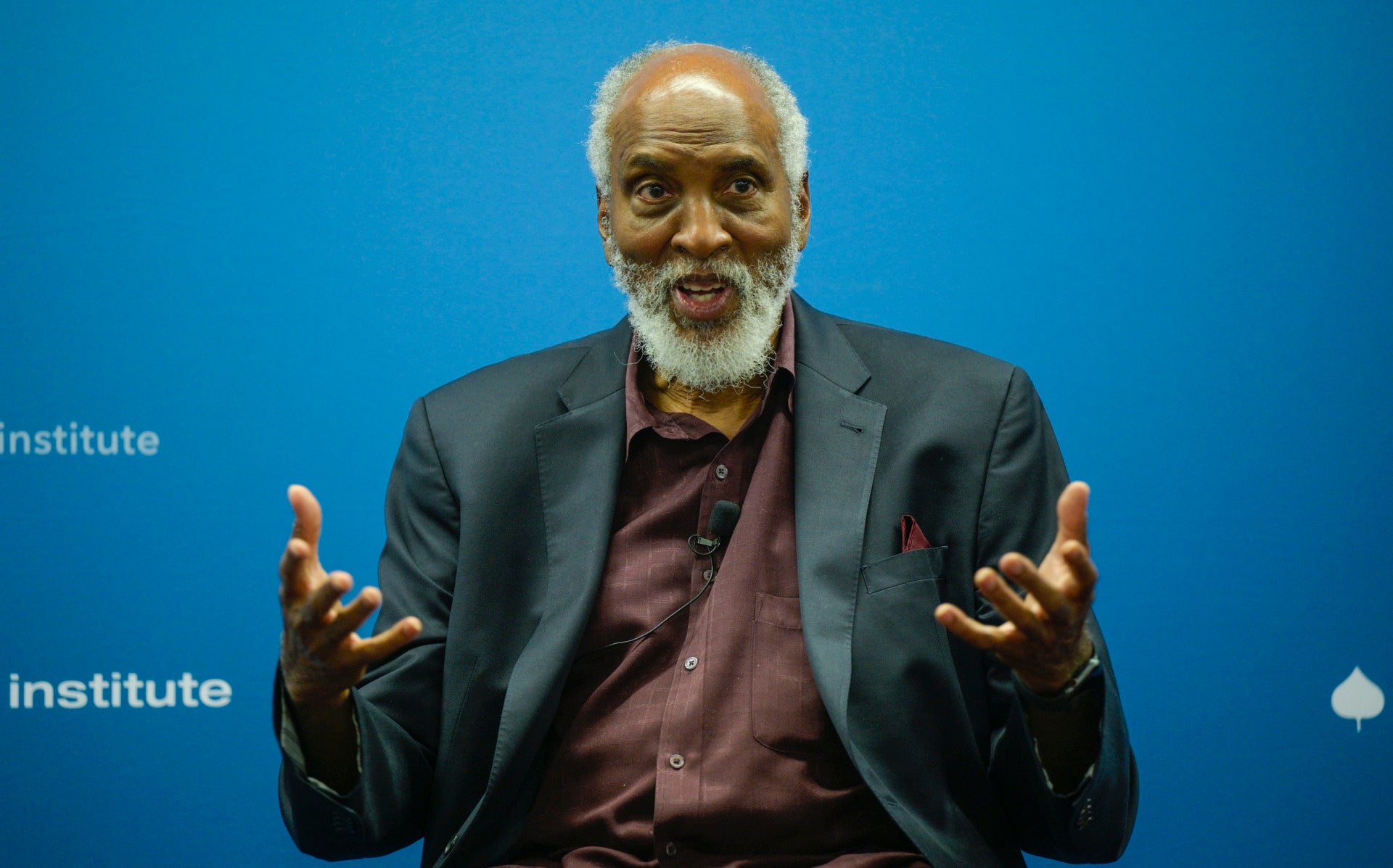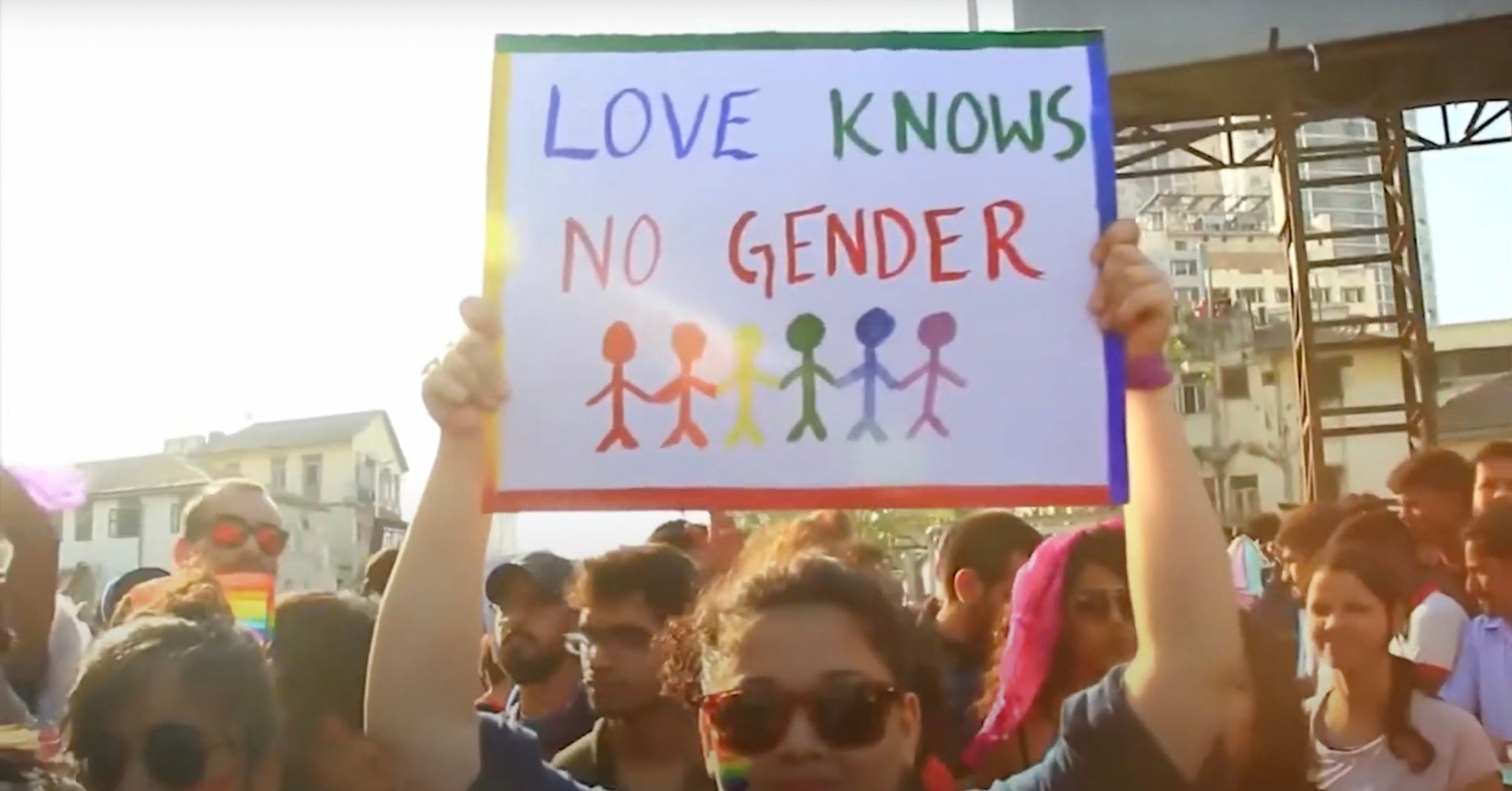Thousands of people in the United States identify as Black-Indigenous or Afro-Indigenous. This community often faces issues like colorism and the erasure of their identities. Their experiences raise questions about conceptions of Indigeneity—revealing the complex and often vexed relationships between cultures in the Americas.
To explore these questions and commemorate Black History Month, the Center for Native American Youth hosted the event Celebrating Black & Indigenous Excellence as part of its Tele-Native Youth Series. The gathering featured Lillian Sparks Robinson, owner and CEO of Wopila Consulting, and former Miss Native American USA Autumn Rose Williams. CNAY Youth Advisor Board Vice-Chair Anthony Tamez-Pochel served as moderator.
The group examined the relationship between their Black and Native cultural identities. They also shared how erasure and misperceptions impact those identities. Autumn began by recognizing how intersectionality is left out of critical conversations. The histories of Black and Indigenous peoples in the US are interwoven yet the relationship is often ignored and rarely taught. She also addressed the prevalent issue of colorism. In both the Black and Indigenous communities, the color of one’s skin can have a great impact on your lived experiences and how you are viewed.
Anthony was raised in an Indigenous household in Chicago. He shared that he was often viewed by others in his community as “just a Black man.” When he revealed his Indigenous identity to those outside the community, he was often told that he didn’t “look like the Blackhawks,” a crude reference to the Chicago-based professional hockey team that uses a stereotypical Indigenous mascot.
Autumn had similar experiences. When she left her reservation to attend college, she encountered people who questioned her identity. They tried to categorize or put her in a box according to her perceived appearance. “I don’t know how many times I had people come up and ask me, ‘What are you?’” Autumn said. She’d often reply, “I’m human, what are you?” These interactions left her questioning her own identity and whether she was “Black enough or Native enough.”
To address the chronic erasure of their identities, the panelists discussed the various ways they challenge legacies of colonial disempowerment. They stressed the importance of having platforms, like the Tele-Native Youth Series, to share their lived experiences as Black and Indigenous persons. Lillian also believes we must create spaces that recognize and celebrate Black-Indigenous people who are making great contributions to both communities.
For nearly 20 years, Lillian has devoted her career to supporting Native American students’ educational pursuits, protecting Indigenous peoples’ rights, and empowering tribal communities. She puts the needs of tribal communities at the forefront. As the Commissioner for the Administration for Native Americans under President Obama, Lillian spearheaded numerous policy initiatives and programs to support and empower tribal communities. She continues this work through her Indigenous- and woman-owned consulting firm.
As a plus-size model, public relations professional, and a former Miss Native American USA, Autumn uses her platforms to educate others on her culture, advocate for Black Lives Matter and other social justice issues, and inspire others to embrace all aspects of their identities. She has spoken at over 100 different events and facilitated numerous workshops all with the theme of self-love, empowerment, and cultural awareness.
Anthony, Autumn, and Lillian all expressed pride in their multiple identities. “People will always try to put you in a box,” Autumn said. “You can combat that by being proud of who you are, being strong in who you are, and remember that you are enough.”
Reflecting on their personal journeys, they shared words of advice and encouragement to empower youth who may be of multiple cultures or identities as they learn to navigate and embrace them. “Love your entire self,” Lillian said. “You do not have to choose one part of your identity over the other.”
You can watch this and other webinars on the Center for Native American Youth’s website under the Tele-Native Youth tab, or on CNAY’s Facebook page.


